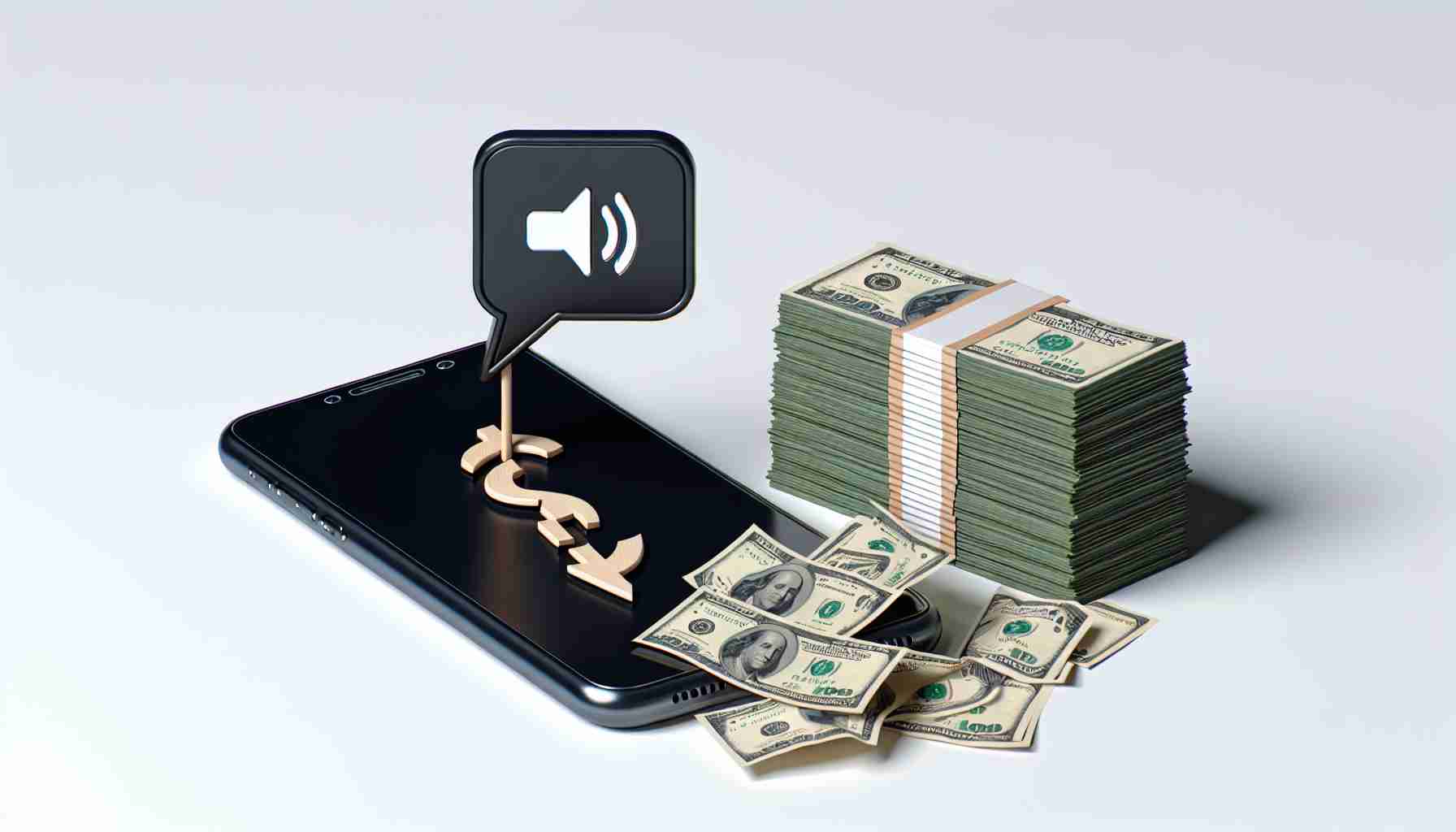iPhone 7 Users May Be Compensated
Owners of the iPhone 7 or iPhone 7 Plus who encountered audio glitches between September 16, 2016, and January 3, 2023, may be eligible for a financial settlement from Apple. The tech giant has agreed to offer compensation to users who experienced these specific issues following a class-action lawsuit outcome.
Individuals who expended funds on fixing or replacing their device might receive a reimbursement reaching $349. Alternatively, users who reported the audio flaw to Apple yet did not opt for a paid repair service might claim up to $125. Potential claimants should take action before the June 3 deadline to register their claims.
Originally brought forward in 2019 by Joseph Casillas and De’Jhontai Banks, the lawsuit pinpoints an alleged manufacturing error concerning an audio IC chip as the source of the issue. Despite Apple’s denial of any defects in their product, a settlement was reached to the tune of $35 million, aiming to close the issue and bypass additional litigation expenses.
Eligibility for compensation requires a notice identification and a confirmation code provided by Apple. If you think you may qualify, be sure to submit your claim through the designated channels by the specified date.
Background on the iPhone 7’s Audio Problems
The iPhone 7’s audio issue, often referred to as “Loop Disease,” affected numerous users and was typically indicated by a grayed-out speaker button or the absence of audio during phone calls. The problem was linked to the audio IC chip on the iPhone 7’s logic board, which could detach from the board over time due to physical stress.
Key Questions and Answers
Q: What was the specific defect in the iPhone 7?
A: The defect was related to the audio IC chip, which could lose connection with the logic board, leading to audio-related malfunctions.
Q: Has Apple officially acknowledged the fault?
A: No, Apple has not officially acknowledged a manufacturing defect. The settlement was reached without admission of wrongdoing, but it allows affected customers to receive compensation.
Key Challenges and Controversies
Challenge: Pinpointing the audio flaw without an official recall or acknowledgment from Apple was challenging for affected users, many of whom had to seek third-party repairs or live with a malfunctioning device.
Controversy: Some customers and critics argue that Apple should have acknowledged the defect and provided a formal recall or free repair program, as they have done with other issues in the past.
Advantages and Disadvantages
Advantages:
– Eligible users will receive compensation, easing the financial burden of repairs.
– The settlement may encourage better quality control and consumer support for future products.
Disadvantages:
– Users who did not pay for repairs or did not document their issue properly may find it difficult to receive compensation.
– The compensation amount may not cover the full cost of third-party repairs or the inconvenience caused.
– Some affected users may be unaware of the lawsuit and miss out on the deadline.
For those seeking further action or to understand the broader context of product quality and consumer rights within the tech industry, consider visiting the main domain pages of pertinent consumer advocacy groups or technology news outlets. If exploring Apple’s official statements and support resources is necessary, visit Apple.
